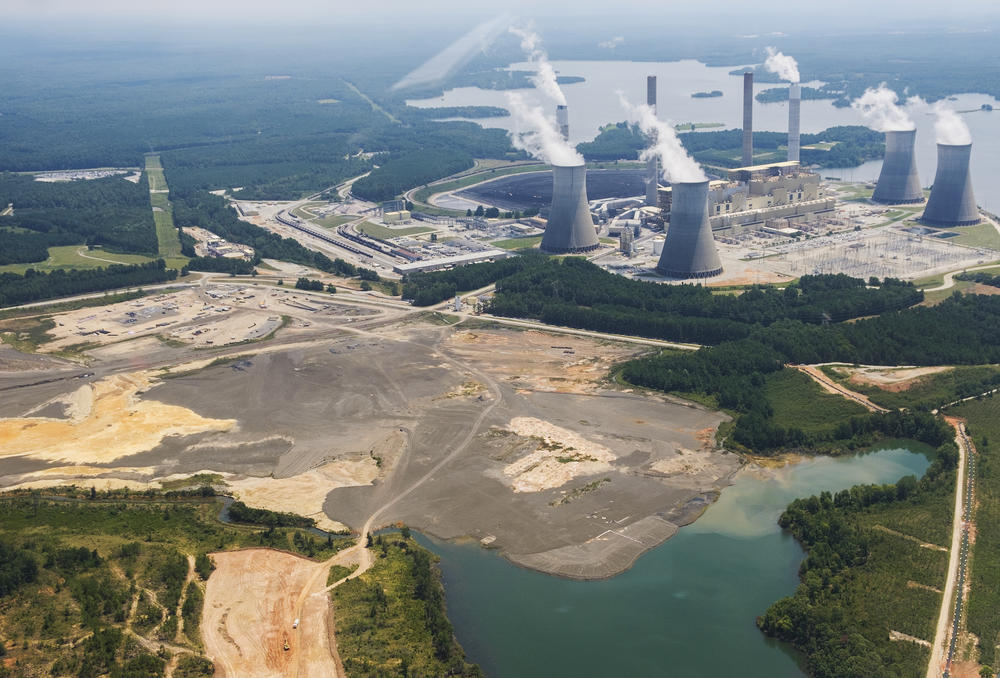Section Branding
Header Content
House Bill Aimed At Storing Coal Ash Away From Groundwater
Primary Content
When trash leaves your house and goes to the landfill, that landfill has features in place that keep liquids from the trash from getting into groundwater. Right now, those features are not required for Georgia landfills that store the toxic coal ash from power plants.
A bill filed this week in the Georgia Legislature would bring coal ash storage rules in line with the rules for your household garbage.House Bill Aimed At Storing Coal Ash Away From Groundwater
Conventional landfills have sealed liners at the bottom or drains that catch and retain nasty liquids should they leach out. The bill asks for those same things in coal ash storage. The heavy metals and other chemicals in coal ash can cause everything from cancers to neurological issues when we consume them, as some fear many Georgians do in their well water.
Decatur Democrat Mary Margaret Oliver is one of the sponsors of Georgia House Bill 756 aimed at regulating coal ash storage.
"We know that toxins are there,"Oliver said. "We know that our water testing is showing bad results in certain wells in certain areas of our state. And we have to be more protective of our water source."
Georgia Power has plans to dewater and excavate a number of its power plant adjacent coal ash ponds in the state. If passed HB 756 would primarily affect the storage of the material from those ponds.
The bill would also affect Georgia Power coal ash ponds that have been shown to leave coal ash submerged in groundwater.The utility wants to cover nine of those with an earthen cap, known as sealing them in place.
Should the bill pass, the permitting process for that "seal in place" plan would have to include method of keeping coal ash out of groundwater in those places, too. That includes the pond storing nearly 50 million tons of coal ash at Plant Scherer near the town of Juliette, the largest coal-fired power plant in the country.


